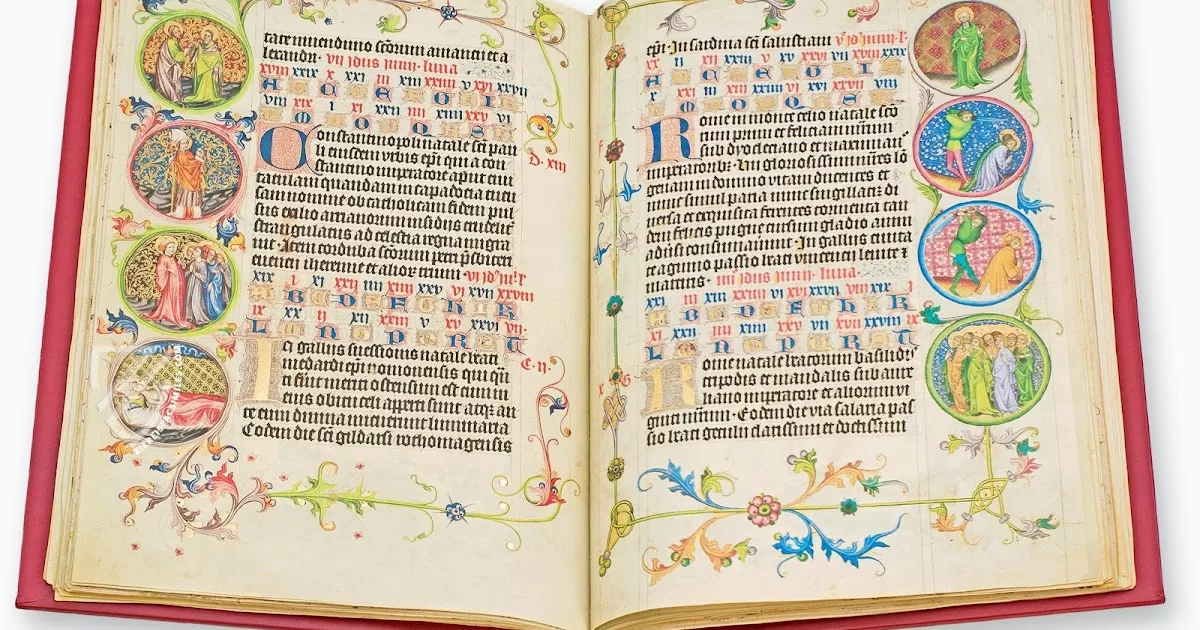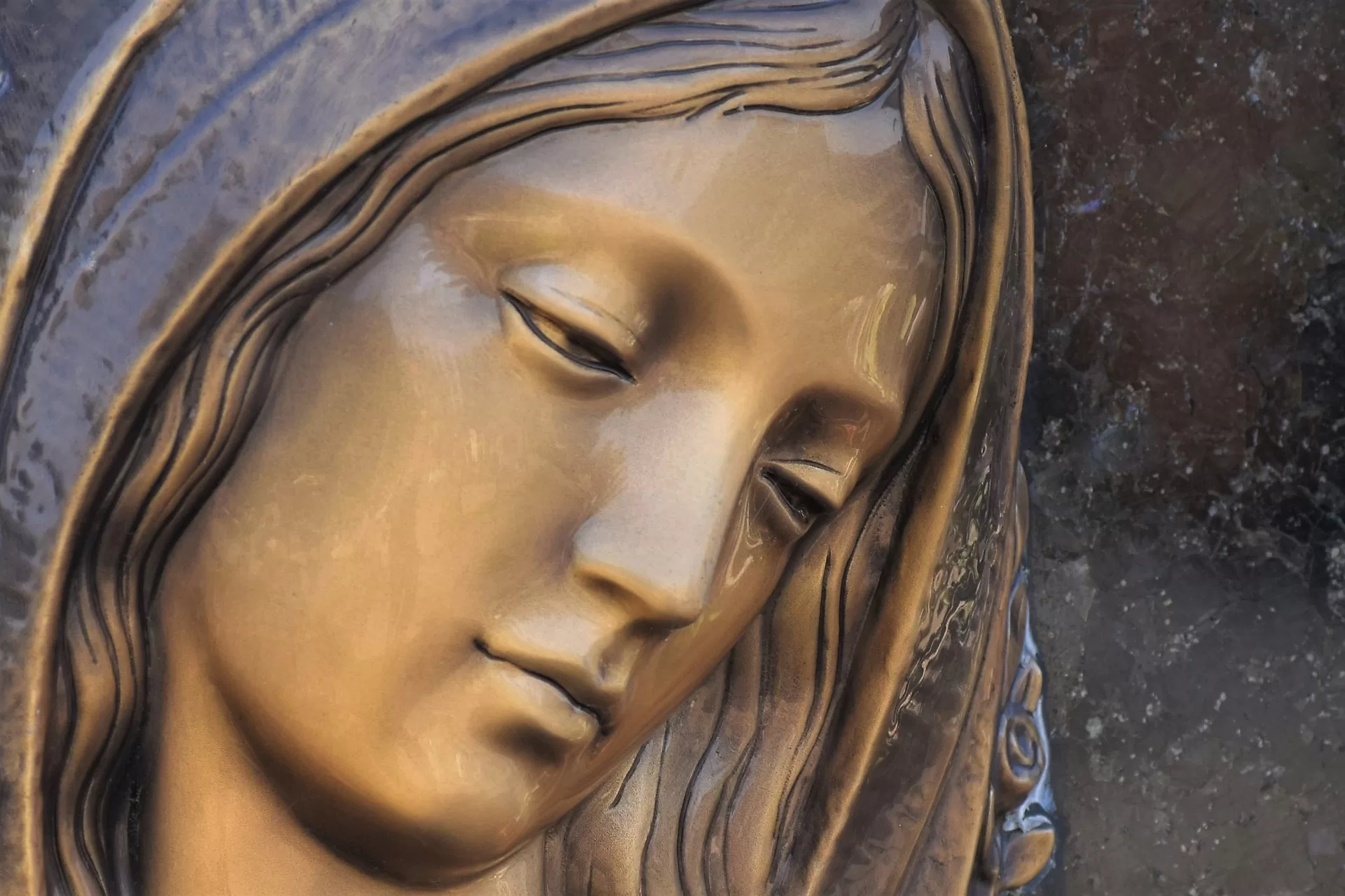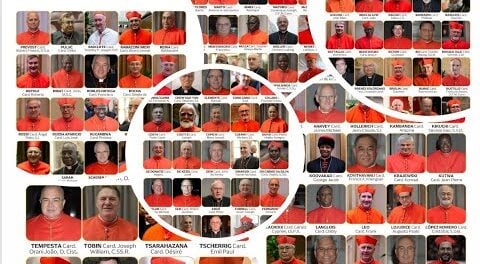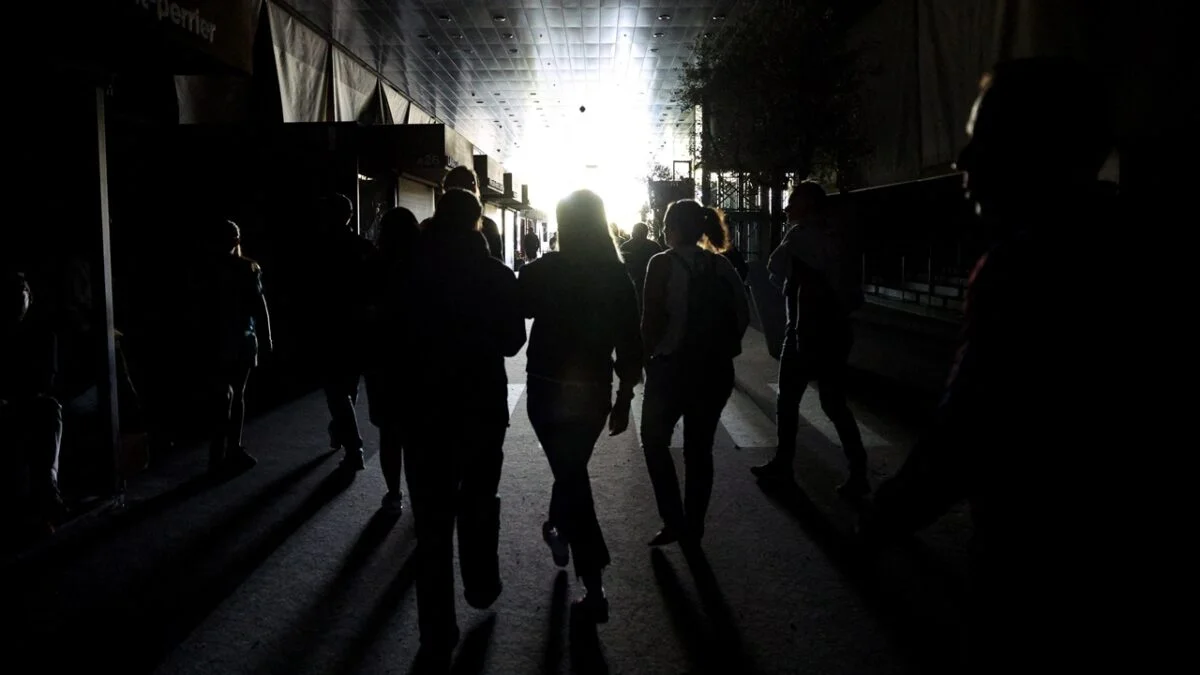
Tag: #Miracles
-

Use this prayer if you’re widowed and feeling lonely
Read More: Use this prayer if you’re widowed and feeling lonelyBy Aleteia Did Jesus not say, “Blessed are those who mourn, for they shall be comforted” (Mt 5:4)? This promise gives those who have lost a loved one the right to hope. They can hope for a new encounter with God, hope that Christ will come to live and fill their hearts, hope to live…
-

Be careful of Satan when he’s sweet and polite, warns pope.
Read More: Be careful of Satan when he’s sweet and polite, warns pope.By Aleteia The devil is out to seduce us, and he comes into our lives “so sweetly and politely” to take possession of our attitudes, Pope Francis warned. The pope said this today in his morning homily, drawing from today’s Gospel reading about the unclean spirit who goes out of a person but then decides…
-
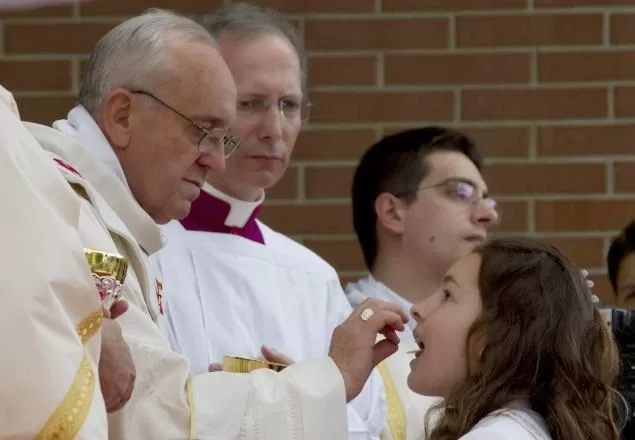
Communion on Tongue Sunday! Make Communion Holy Again!
Read More: Communion on Tongue Sunday! Make Communion Holy Again!
Search
Popular Posts
-
🙏 A New Chapter Begins: Supporting Pope Leo XIV with Prayer and Hope | W/ Daniel O’Connor
“Give the new pope a break and support him with your prayers.”–…
-
Possible Candidates for The Next Pope!
Some Candidates for the New Papacy Today we will share with you…
Categories
Archives
Tags
#Miracles (102) 2023 (4) 2024 (4) approved miracles (2) catholic (141) catholic blog (375) catholic meditations (7) catholic miracles (371) catholic motivation (2) catholic news (371) catholic prayers (4) CatholicSeers (359) catholic vlog (375) catholic websites (6) Eucharistic miracle (2) fr jim blount (3) GisellaCardia (11) hamas (3) imitation of christ (2) Israel (4) israel live (5) Israel news (9) jesus (3) jesus christ (4) Latest messages (11) lent 2023 (10) lent 2024 (4) lent homily (2) lent retreat (4) lent retreat 2023 (3) Lourdes (2) messages from god (6) MessagesFromHeaven (364) miracles of catholic church (2) mother and refuge (2) ourlady (325) OurLadyApparitions (22) our lady of lourdes (2) Pope (2) POPE francis (3) pope francis news (2) prayers (3) real miracles (356) sacred heart of jesus (2) The Miracles of Lourdes (2)







